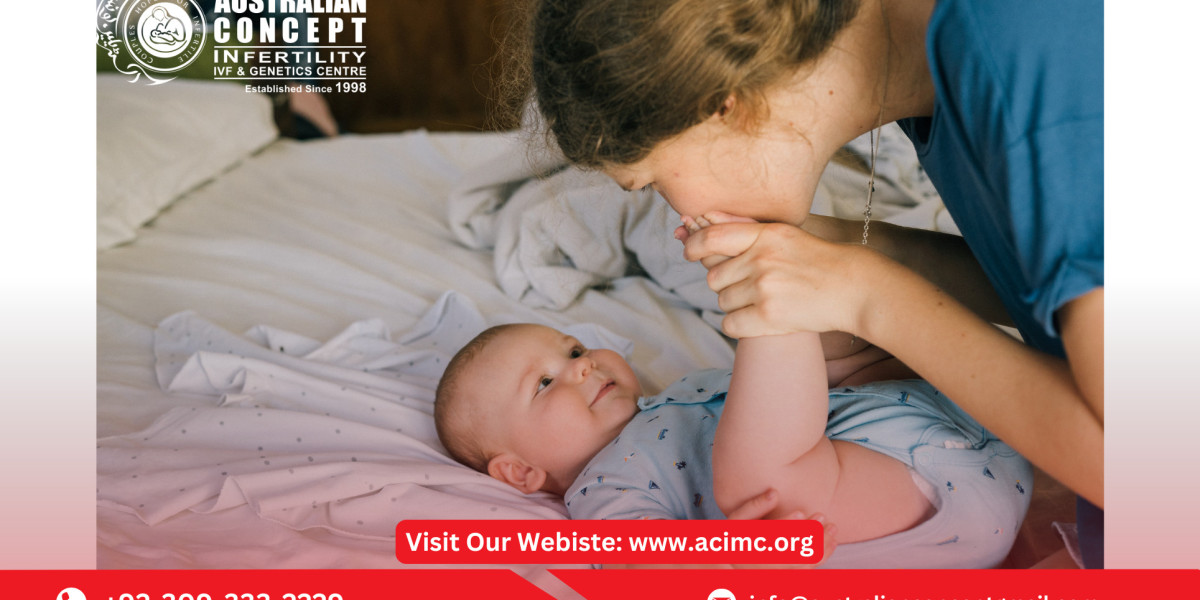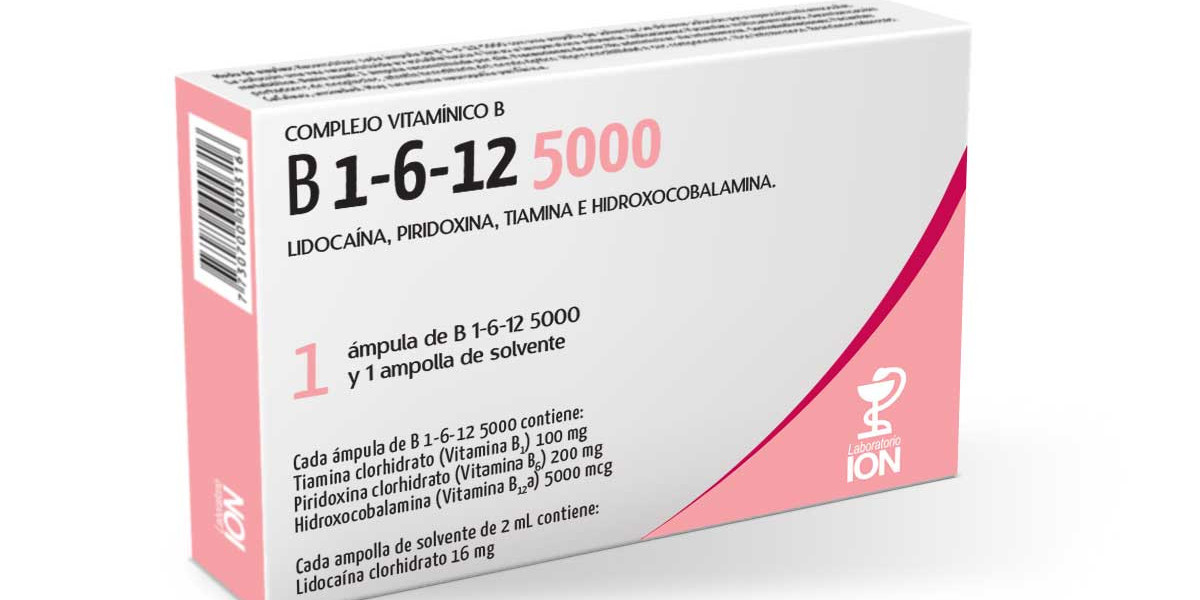In vitro fertilization (IVF) is a well-known and highly effective fertility treatment that has helped countless couples achieve their dream of parenthood. However, IVF is not the only option for couples struggling with infertility. Many patients in Lahore, and around the world, are seeking alternative fertility treatments that may be more affordable, less invasive, or a better fit for their unique circumstances. If you're considering fertility treatment but want to explore options beyond IVF, it's important to know what alternatives are available in Lahore.
Lahore is home to several reputable fertility clinics, including the Australian Concept Infertility Medical Center, which offers a wide range of fertility treatments to suit various needs. In this blog, we will explore the alternative fertility treatments available in Lahore, their benefits, and how they compare to IVF.
1. Intrauterine Insemination (IUI)
Intrauterine insemination (IUI) is one of the most common and widely used alternative fertility treatments to IVF. It involves placing specially prepared sperm directly into the uterus around the time of ovulation to increase the chances of pregnancy. IUI is less invasive than IVF and often recommended for couples with unexplained infertility, mild male infertility, or issues like cervical mucus problems.
How IUI Works:
- The woman undergoes ovulation induction to stimulate the ovaries to produce eggs.
- A sperm sample from the male partner is collected and processed to select the healthiest sperm.
- The sperm is then directly inserted into the uterus using a catheter.
IUI is usually considered when other methods, like timed intercourse, have not been successful. While IUI has lower success rates than IVF, it is an affordable and less invasive alternative that is often used as the first step in fertility treatments.
Egg Freezing (Oocyte Cryopreservation)
Egg freezing is an option for women who are not yet ready to have children but want to preserve their fertility for the future. It involves stimulating the ovaries to produce multiple eggs, retrieving those eggs, and freezing them for future use. This can be a valuable fertility preservation option for women who may face fertility issues later in life, whether due to age, health conditions, or other factors.
While egg freezing is not a treatment to help achieve immediate pregnancy, it offers women a way to "freeze" their fertility when they are younger and have a better chance of success. When they are ready for pregnancy, the eggs can be thawed and fertilized using IVF.
Benefits of Egg Freezing:
- Preserves fertility for future use.
- Allows women to delay childbearing without worrying about age-related fertility decline.
- Provides peace of mind for women with medical conditions or those undergoing treatments that may affect their fertility (such as chemotherapy).
3. Ovulation Induction
Ovulation induction is a less invasive alternative to IVF that helps women who do not ovulate regularly. It involves the use of fertility medications to stimulate the ovaries and induce ovulation, allowing the woman to release a mature egg that can be fertilized through intercourse or IUI.
How Ovulation Induction Works:
- The woman undergoes blood tests and ultrasounds to monitor the development of the eggs.
- Medications like Clomid, gonadotropins, or FSH (follicle-stimulating hormone) are prescribed to stimulate egg production.
- The cycle is closely monitored to identify the optimal time for ovulation.
Ovulation induction is often combined with IUI to increase the chances of conception. This treatment option is more affordable than IVF and has a lower level of complexity, making it an appealing choice for women with irregular ovulation cycles.
Male Fertility Treatments
For couples where male infertility is a significant factor, male fertility treatments can be a good alternative to IVF. These treatments focus on improving sperm quality, count, and motility to increase the chances of natural conception or assisted reproduction methods like IUI.
Some of the treatments that may be recommended for male infertility include:
- Sperm Retrieval: In cases of severe male infertility (such as azoospermia, where there is no sperm in the ejaculate), sperm can be retrieved directly from the testicles through surgical procedures like testicular sperm extraction (TESE) or microdissection TESE.
- Lifestyle Changes: Encouraging men to adopt a healthier lifestyle (such as quitting smoking, reducing alcohol consumption, and maintaining a healthy weight) can improve sperm quality.
- Medications: Certain medications can be prescribed to improve sperm count and motility in cases of hormonal imbalances or other treatable conditions.
In cases where sperm quality is improved, the couple may be able to conceive naturally or with IUI, avoiding the need for IVF.
Natural Cycle IVF
Natural cycle IVF is an alternative to traditional IVF that avoids the use of ovarian stimulation drugs. In this method, a woman’s natural cycle is monitored closely, and the single egg that is produced during ovulation is retrieved for fertilization. This approach may be ideal for women with a low ovarian reserve or those who do not want to undergo the hormonal stimulation that is typical of conventional IVF.
Advantages of Natural Cycle IVF:
- Less expensive than traditional IVF.
- Fewer risks associated with ovarian hyperstimulation syndrome (OHSS), which can occur with stimulation drugs.
- A more natural and gentle approach to fertility treatment.
However, natural cycle IVF may result in fewer eggs being retrieved, which can limit the success of the procedure. It may also be less effective for women with more severe fertility issues or low ovarian reserve.
Laparoscopy and Hysteroscopy
In some cases, surgery may be required to correct underlying issues that are affecting fertility. Laparoscopy and hysteroscopy are minimally invasive surgical procedures that can diagnose and treat various conditions such as blocked fallopian tubes, endometriosis, fibroids, or adhesions.
- Laparoscopy: A small camera is inserted into the abdomen to view the ovaries, fallopian tubes, and other reproductive organs. It can be used to treat conditions like endometriosis and remove cysts or scar tissue.
- Hysteroscopy: A thin, lighted tube is inserted into the uterus through the cervix to inspect the uterine cavity. It can be used to remove fibroids, polyps, or other abnormalities that may affect fertility.
These procedures can improve the chances of pregnancy by addressing underlying issues before pursuing assisted reproductive technologies like IVF.
Traditional Chinese Medicine (TCM)
For some couples, complementary therapies like Traditional Chinese Medicine (TCM) can offer additional support during fertility treatments. TCM encompasses acupuncture, herbal remedies, and other practices that aim to improve the balance of the body and enhance fertility.
Acupuncture, in particular, is widely used to increase blood flow to the reproductive organs, reduce stress, and regulate hormone levels. While research on the effectiveness of TCM is ongoing, many women find it to be a helpful adjunct to conventional fertility treatments.
Conclusion:
While IVF is often the go-to treatment for infertility, there are many alternative fertility treatments available for couples in Lahore. Whether you're seeking a less invasive and more affordable option like IUI Treatment in Lahore, looking to preserve your fertility with egg freezing, or exploring treatments for male infertility, Lahore’s fertility clinics offer a range of options to help you achieve your family-building goals.
If you are considering alternative fertility treatments, it is essential to consult with a fertility specialist to discuss your unique situation and determine the most suitable course of action. Australian Concept Infertility Medical Center in Lahore offers a variety of fertility services and expert guidance to help you navigate your fertility journey with confidence and care.







